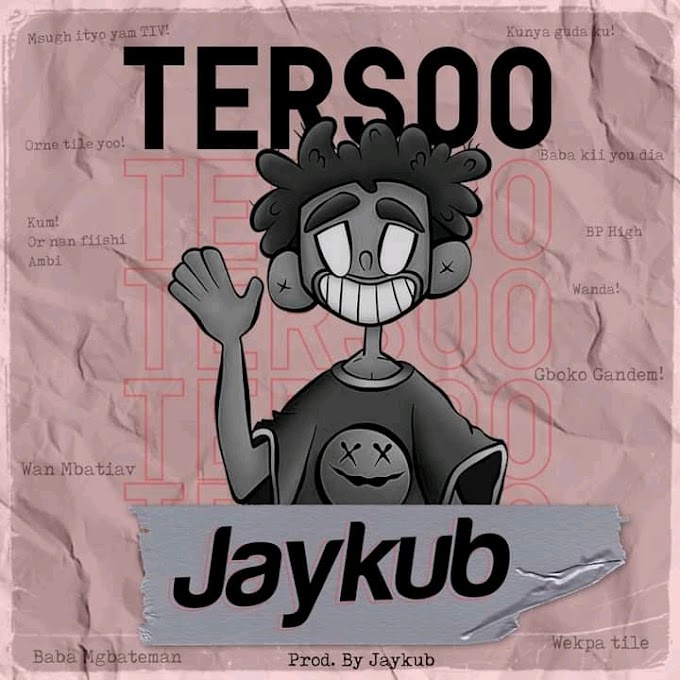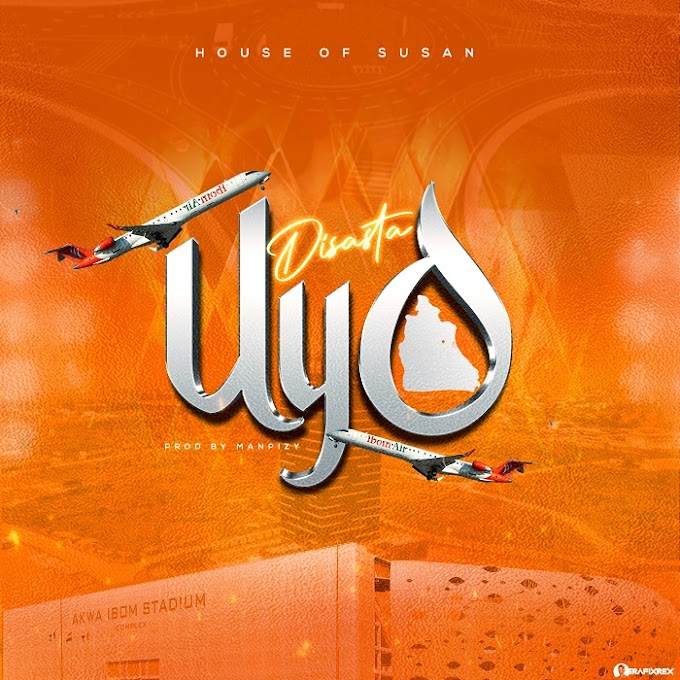By Avese George
A little over seven years ago, between 2009 and 2010, there
was a spirited campaign by the Hausa groups in Katsina-Ala and Makurdi to claim
ownership of the two Tiv towns, sitting very spurious historical facts that
were too convoluted to be substantiated.
Through documentaries aired with sustained frequency on the
network of the Nigerian Television Authority, NTA, the group conversed to the
world, that they were the first settlers of these places from the creation of
the world, and for that reason must be considered the owners of this land. For
over a month, the breakfast show on the NTA, telecast the expansionist agenda
program in damning episodes to a bewildered Tiv people.
Makurdi, the Nigerian viewers were informed, was founded by a
trader named maikudi. The argument was that man, who used a boat to travel with
merchandise selling them to coaster towns along the river Benue, founded and
established the Makurdi market and eventually settled here. He was said to have
earlier settled in Lokoja from where he traded up the Benue river. This is
laughable as it is provoking.
Discerning minds are however to note that, the said maikudi,
a trader, was selling in markets already existing along the river Benue. And
that if they were no people already here, did the man establish the market for
fishes of the river? Or was he, a trader, selling for money (which was the
reason for his moving from places to places seeking patronage from humans) in a
sharp turn of events, decided to display his wares alone in the wilderness for
the fishes to buy?
Nigerians are to further note that, between 1920 to 1932 when
the colonialist were constructing the rail line from the East to the North-east
and North, the railway station which is situated about three kilometers away
from the masalaci (mosque on Kaduna street), cited as maikudi’s house, was
behind a sprawling town called Lobi. The fallacy of those marketing this evil
lies can be seen from another favorite practice of the Islamic religion, at
least from what we have come to know of it so far.
The Mosque is never situated away from habitation unlike the
Christian churches which are situated a good distance from habitations. You
only need to go through muslim towns and cities the jihad war conquered to
verify that. In recent times, Gboko, Naka, Aliade, Ikpa-yongo, Katsina-Ala
towns are good examples of mosques locations. It follows therefore that, the
location of both Makurdi market and the mosque were within the precinct of town
or at least existing Village Mallam Maikudi met.
Furthermore, Christian organizations establish churches for
communities to attend. Accordingly, the Catholic, CMS, Anglican and Methodist
churches that came to Makurdi in that order, were situated within a community
that was existing before their arrival. The present Anguhar, Adem, Adaka/Uchen
communities on the south-west, Ugondo communities to the south-east populated
the area known now as Ter Makurdi cemetery near NKST central with villages at
the Community Secondary School, the dispensary area, Mama Dikpo Kume or Madikpo
(before the name, it used to be known as Ime Msor or drinking joint), the
biggest of the villages was close to the river in which the Makurdi market was
located right where the Mosque on Kaduna street now stands.
Lobi, already a town subsequently attracted the local
government headquarter, a police divisional headquarter, and the court. The
colonial administrators and business men were more comfortable residing where
there was semblance of civilization and security, town. This practice is common
in all former provinces and native authorities.
The story surrounding the renaming of Lobi town to Makurdi
has nothing to do with an obscure small time trader called maikudi. It has to
do with the topography of the city.
The tripartite uplands in Makurdi namely,
Walata, GRA, High-Level are surrounded by a large span of swampy area that kept
water for most part of the year. Reptiles like the crocodile and python left
the deep waters of the river Benue to the creeks for preys.
The villagers bringing soybeans, groundnut and beniseed for
sale in LOBI not maikudi, were either attacked by the reptiles or robbers who
hung around the creeks. People were then advised by those who survived these attacks
against coming to Lobi.
The retort to such advises was “ ma ku di ngu doono?”,
meaning which ever form of death that is good. Those insisting to come and damn
the consequence would answer any who asked where they were going, “Makudi” in
reckless abandon. It became a name which means ‘any kind of death’ and it
effectively substituted the town’s known name, Lobi.
I am not however surprise with the desperation to acquire
Makurdi and Katsina-Ala in addition to other notable middle belt towns. The war
of conquest that failed to colonize our ancestors in the eighteenth century by
force of arms, took subtle form by the mid nineteenth century. Our people were
lured with money and other gifts to surrender their most prized possession,
lives, to a culture foreign to them. Those with “longer throat and insatiable
desires” fell prey. The larger populace who would not accept the nonsense has
been made to suffer a kind of inhumanity or the other.
To be continued.









![MATA2023: Vote Arc. Elijah Anayagher- Ayenges Man [MP3 DOWNLOAD]](https://blogger.googleusercontent.com/img/b/R29vZ2xl/AVvXsEi-nRZqOxqMlkV7AgdcHAFAyH1MxFPy-qbScfVh_71Z0smf9khZfqS14YznQ3RAq7QEyYVta1beU8jmsnAEICQAy583gdBh-IcDvg97b7VHNYffFkMgFYLZLQcVDNTk2h2jPlnL2Vw6gti2/w680/1677498226317999-0.png)




![[AUDIO] Bone Guy - Asembe feat. JQ x HMan (@prod.by-ModernMix) - snazzy](https://blogger.googleusercontent.com/img/b/R29vZ2xl/AVvXsEj05ShMOhyphenhyphenVY0HJKYsIF074MtwD7bzNJkWwQ_tIQdIketXHPNmy6JCTO4mSyCR8PLJGtn0t16Ea707ZtU-62To1Lt7L0AtYgqF4OQwSGrnyTFqIugZcaK_tkBFioqor_nytbLQeuLGf2epM/w680/1641960117308118-0.png)



0 Comments
Feel free to say your view, this site is a free market place of ideas.